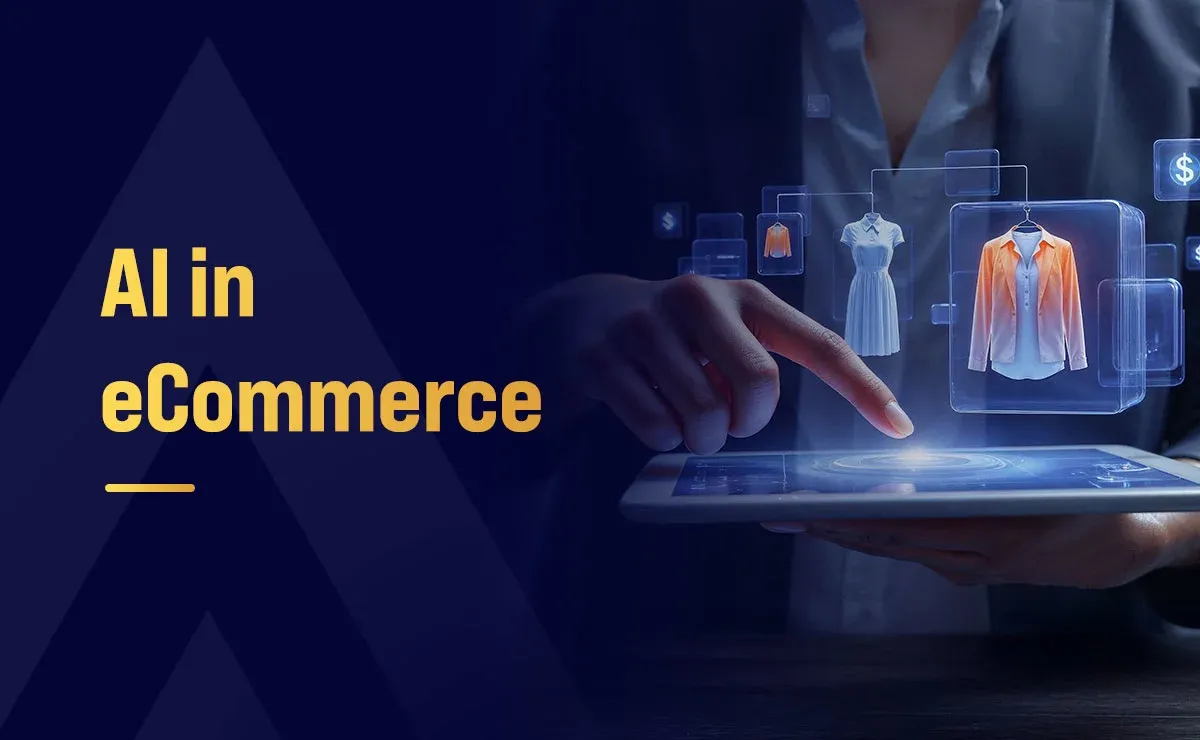
Customers expect quick, dependable, and hassle-free delivery in today’s digital world. The speed of delivery is a key factor in their purchasing decisions, whether they are ordering groceries, electronics, or fashion items. For this reason, the foundation of online business is now e-commerce logistics. To deliver goods more quickly than ever, brands are investing in automation, sophisticated technologies, and smarter systems.
With the growth of online services—such as distance education in UAE, e-learning platforms, and digital marketplaces—the demand for faster and more efficient logistics continues to rise.
1. E-commerce Logistics: What Is It?
The entire process of receiving, storing, packing, and delivering online orders is referred to as e-commerce logistics.
It consists of:
- Storage
- Management of inventories
- Order fulfilment
- Transportation
- Last-mile transportation
The objective is straightforward: quick, precise, and economical delivery.
2. The Significance of Quick Delivery
Today’s consumers desire:
- Shipping the same day or the following day
- Tracking in real time
- Simple returns
- Safe packaging
Speed is a significant competitive advantage for brands since it raises customer satisfaction and encourages repeat business.
As digital lifestyles expand—especially with more people choosing services like distance education in UAE—customers expect convenience and fast delivery across all sectors.
3. How Companies Deliver More Quickly
a) Intelligent Storage
Automated warehouses are used by contemporary brands to expedite order processing. Technologies such as:
- Robots
- Belt conveyors
- Scanners for barcodes
- Automated picking systems
assist in finishing orders in a matter of minutes rather than hours.
b) Several Fulfilment Facilities
Products are kept by brands in local warehouses nearer to their clients.
This guarantees quicker shipping and shortens the travel distance.
For instance, a product is delivered to a customer in Kerala from a warehouse in Kochi rather than one in Delhi.
c) Inventory Management in Real Time
Digital systems are used by brands to instantly monitor stock levels.
This aids in preventing:
- Postponements
- Out-of-stock issues
- Cancellations of orders
Improved inventory leads to faster order fulfilment.
d) Technology for Route Optimisation
AI and GPS are used by delivery partners to determine the quickest path.
Advantages consist of:
- Shorter delivery time
- Reduced fuel expenses
- Increased delivery precision
This is particularly helpful for last-mile deliveries.
e) Collaborating With Logistics Companies
E-commerce platforms work with businesses such as:
- Blue Dart
- DTDC
- Delhivery
- Amazon Logistics
- Ecom Express
These logistics partners are experts in quick shipping and advanced tracking systems.
f) Innovations in Last-Mile Delivery
The last and most crucial step is last-mile delivery.
Brands employ:
- Bike deliveries
- Hyperlocal delivery apps
- Dark stores
- Delivery lockers
- Real-time tracking
Some companies are even testing drones for ultra-fast delivery.
4. Technology’s Contribution to Quicker E-commerce Logistics
Delivery speed has been revolutionised by AI, automation, and IoT.
Brands benefit from technology as it helps:
- Forecast demand
- Cut down delivery distance
- Automate packaging
- Provide real-time order updates
Tech-driven logistics combine accuracy and speed—important for industries like retail, e-learning, and distance education in UAE, where customers expect fast service.
5. E-commerce Logistics’ Future
Future developments will centre on:
- Drone-based delivery
- Fully automated warehouses
- One-hour delivery zones
- Eco-friendly packaging
- Smarter last-mile hubs
Companies that invest in these innovations will dominate the market.
In Conclusion
E-commerce logistics is the foundation of quick delivery. Brands can meet customer expectations and remain competitive with smart warehousing, reliable logistics partners, and advanced technology.
As online sectors grow—including digital learning and distance education in UAE—efficient logistics will continue to be essential for providing speed, convenience, and consumer trust.












